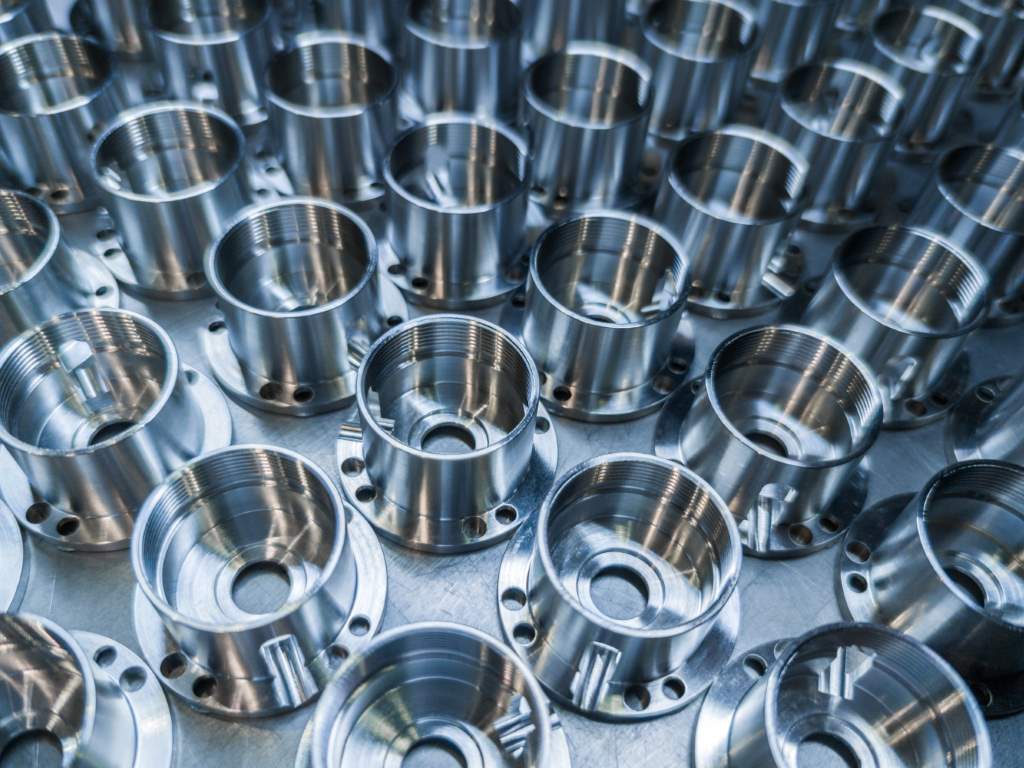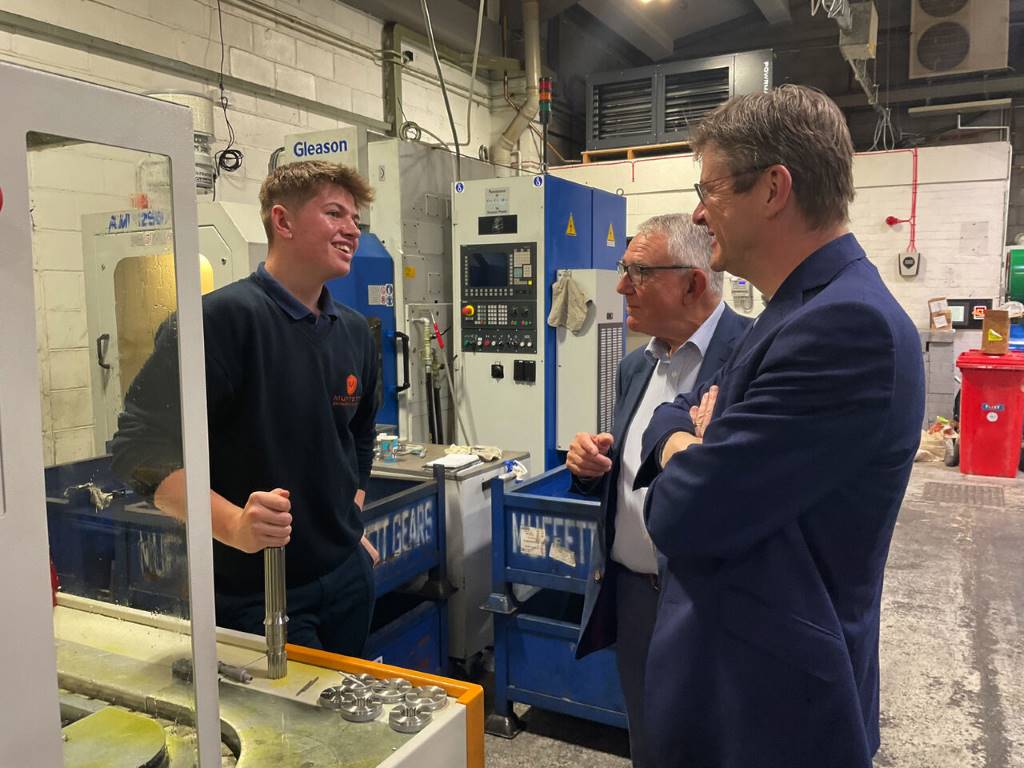Editor’s comment for April 2019

The fact we’re running a ‘Connected Manufacturing’ section in this issue provides me with an excuse to reflect on the absolutely cataclysmic speed at which technology is advancing.

Let’s rewind a bit. Technology is always progressing but the rate of that change has never been as rapid as it is now. The past 10 years of ‘progress’ has been unprecedented – a point that was really driven home to me following a recent conversation with my Dad. He’s 88 now and a seasoned ex-engineer.
In the early 1950s he completed a five year apprenticeship at Chatham Dockyard – a massive local employer in its heyday with more than 10,000 members of staff on its books. Part of his training was in the machine shop. He recalls learning his trade on Colchester lathes, Ward 7 capstan lathes, Bridgeport mills and shapers (remember them)?
Fast forward 30 years and yours truly started his apprenticeship. Guess what? I learned the ropes on Colchester centre lathes, Ward 7 capstan lathes, Bridgeport mills and shapers. OK, CNC machines were emerging rapidly by 1981 but you get the point. Progress from my Dad’s time to mine was clearly evident, but it was relatively slow. We learned our craft on roughly on the same machines.
My point here is that the Internet has changed everything – and in the last seven or eight years, it’s REALLY changed everything. Now we talk about the Cloud, Internet 4.0, Big Data and connected manufacturing. Machines and equipment communicate with each other and artificial intelligence is really coming to the fore.
These meteoric technological advances are changing the landscape forever. It’s a vicious circle: there’s a skill shortage so we now design all the clever stuff into the machine, effectively de-skilling the process. That in turn means we require less people so the demand for lesser skilled staff is reduced. That means less people come into engineering generally and the cycle continues ad infinitum.
But this is only true at a certain level. We absolutely and categorically do still need highly skilled engineers (more than ever actually) but the skillset is changing. The engineers of today (and tomorrow) need to not only have a solid foundation in engineering principles – they also need to possess a strong understanding of digital systems, robotics, automation, and augmented and virtual reality not to mention data science.
If that little lot doesn’t appeal to iPhone-centric kids considering a career in engineering, I don’t know what will?
The downside – and this societally really worries me – is that generally less human beings will be required in this equation – so where will the lesser skilled people be employed? Some people will aspire to greater things but some just won’t.
So what will happen to people like Maurice who used to clean out the swarf bins, Betty who oversaw a Ward 2DB turret lathe or Malcolm who worked in the tool stores (yes these are real people I used to work with)?
Well they can always get a job in retail – oh wait…











